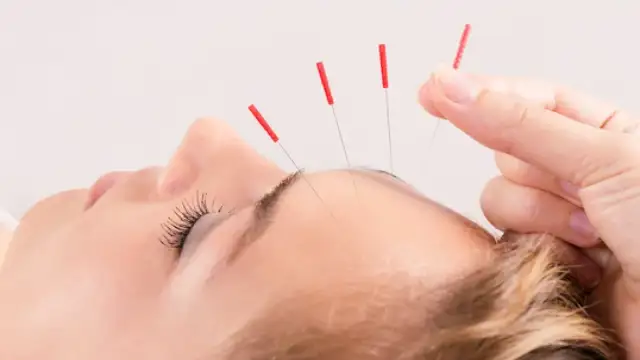Understanding Depression Through Ancient Wisdom
Modern medicine often views depression through the lens of visible symptoms. However, ancient Chinese medicine offers a different perspective. The Chinese believed that the body functions through a vital energy called Qi. This energy flows through various systems in the body, influencing our emotional and physical health.
The Role of Qi in Emotional Health
In ancient Chinese thought, the liver energy system plays a crucial role in recovering from emotional stress. When Qi flows freely, the body can heal. But if this flow is blocked, it can lead to issues like depression. Other systems also influence our emotions:
- The heart system controls excitement.
- The lung system is linked to feelings of sadness.
- The spleen and kidneys affect worry and concern.
By understanding where Qi is obstructed, practitioners can identify the root causes of emotional distress.
Acupuncture: A Holistic Approach to Healing
Acupuncture is a key practice in Chinese medicine that focuses on whole-body healing. Unlike standard therapies that treat individual symptoms, acupuncture looks at the body as a whole. It recognizes that issues like headaches, digestive problems, and mood disorders may all stem from the same source: an imbalance in Qi.
How Acupuncture Works for Depression
Acupuncture involves inserting thin needles into specific points on the body. This process may cause a brief tingling sensation, which triggers the body to release endorphins and other natural pain-relieving compounds. These chemicals create a sense of well-being and help improve blood flow, promoting overall healing.
Treatment Process
During an acupuncture session, the practitioner will assess the patient’s condition by examining their pulse, tongue, and overall energy levels. Treatment points may include:
- LI4 (Large Intestine 4): Located between the thumb and index finger.
- Liv3 (Liver 3): Found between the first and second toes.
- Stomach 36 and Spleen 6: These points help improve digestion and overall energy.
The specific points used may vary based on the practitioner’s expertise and the patient’s unique needs.
Benefits of Acupuncture for Depression
Acupuncture offers several advantages for those dealing with depression:
- Holistic Healing: It addresses the root causes of depression rather than just the symptoms.
- No Side Effects: Unlike some medications, acupuncture has minimal risks and side effects.
- Improved Mood: Patients often report feeling more relaxed and rejuvenated after sessions.
- Simultaneous Treatment: Acupuncture can alleviate related issues like indigestion and loss of appetite without additional medication.
The Four Gates Technique
One of the most popular acupuncture methods for treating depression is called The Four Gates. This technique focuses on specific points that help balance Qi and improve emotional well-being.
Who Should Consider Acupuncture?
Acupuncture can be beneficial for many people, but certain groups should consult experienced practitioners:
- Pregnant women: They should seek therapists familiar with prenatal care.
- Individuals with severe heart conditions: Special care is needed for those with significant health issues.
Finding Peace Through Acupuncture
Acupuncture provides a quiet space for patients to relax and reflect. This time away from daily stressors can be incredibly healing. Many patients find that their mood improves significantly after just a few sessions.
FAQs About Acupuncture and Depression
How does acupuncture help with depression?
Acupuncture helps by balancing the flow of Qi, promoting relaxation, and releasing endorphins, which improve mood.
Is acupuncture safe for everyone?
While generally safe, pregnant women and those with severe health conditions should consult experienced practitioners.
How many sessions are needed to see results?
Results can vary, but many patients notice improvements after a few sessions. Regular treatments may be necessary for long-term benefits.
Can acupuncture treat other conditions?
Yes, acupuncture can also help with headaches, digestive issues, and stress-related problems.
What should I expect during an acupuncture session?
You can expect a brief consultation, followed by the insertion of thin needles at specific points. The process is generally painless and relaxing.
Conclusion
Acupuncture offers a unique and holistic approach to treating depression. By focusing on the flow of Qi and addressing the body as a whole, this ancient practice can help restore balance and improve emotional well-being.
If you or someone you know is struggling with depression, consider exploring acupuncture as a complementary treatment. With its minimal side effects and potential for holistic healing, acupuncture may be the key to finding peace and happiness.
For more information on acupuncture supplies and community support, check out the Acupuncture Forum. Embrace the journey to better mental health today!

